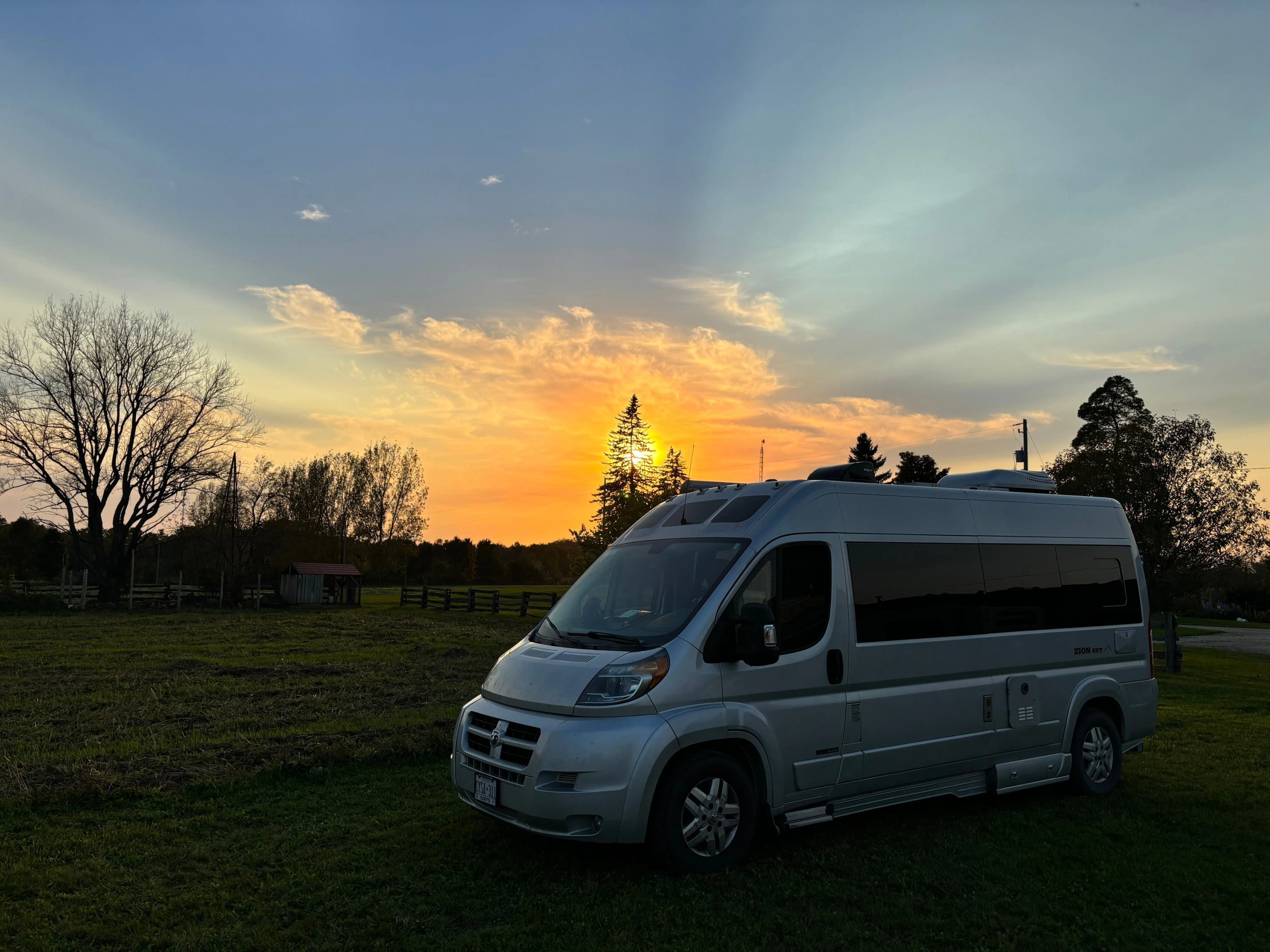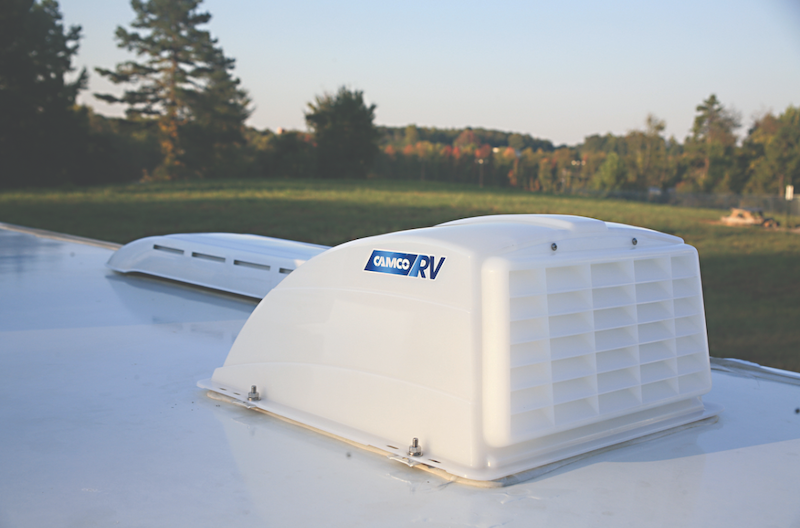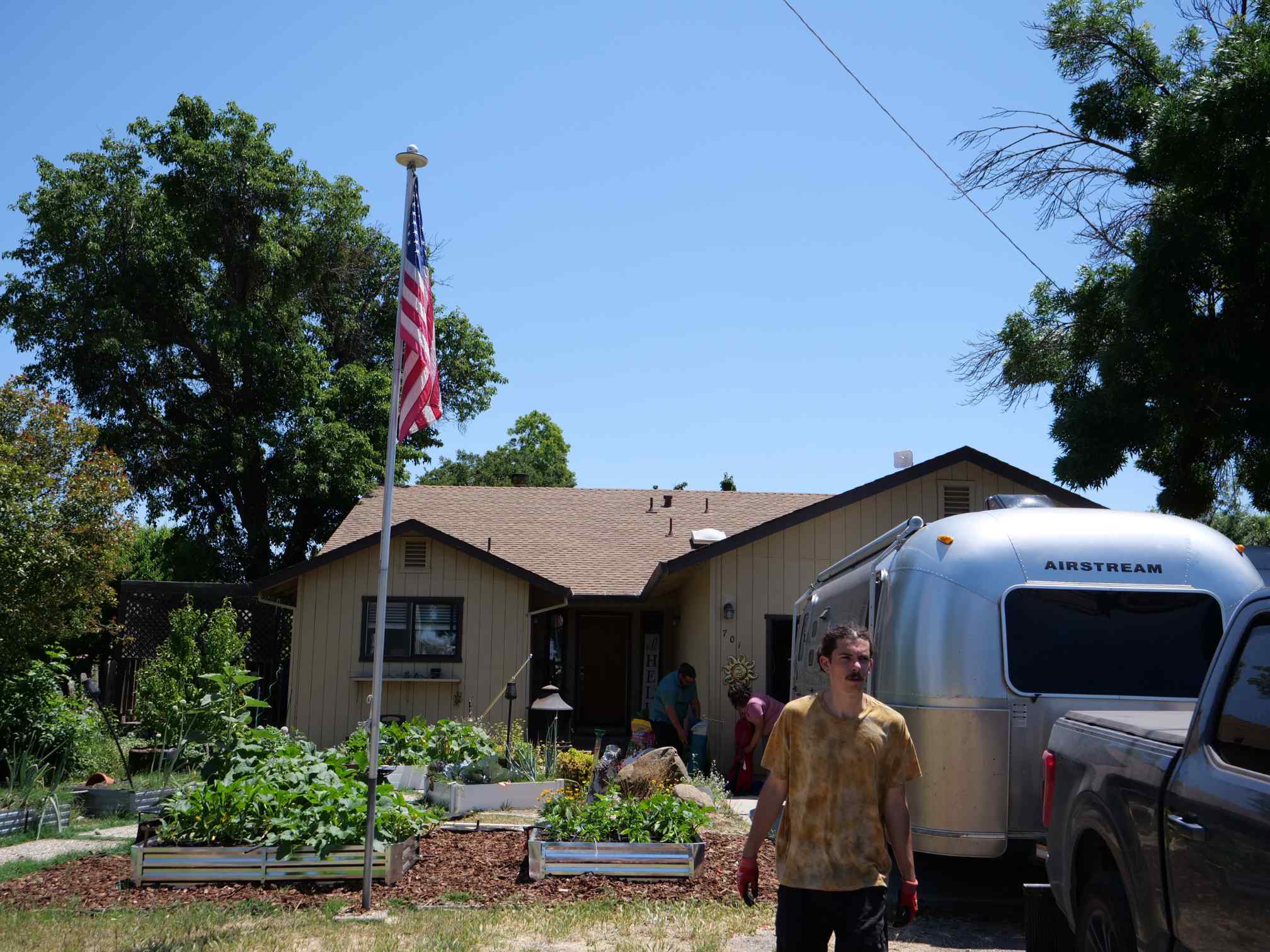Top 8 Camping Etiquette Rules to Remember
According to the 2021 North American Camping Report, in 2020 over 94.5 million American households identified as campers, and that the same year saw 48.2 million households go camping. Of those households, 10.1 million said they were first-time campers.
Sites are becoming busier than ever, so it’s vital that all of us, whether we use an RV, a tent trailer, or a good, old-fashioned tent, know and follow the etiquette.
Let’s look at the top 8 etiquette rules to remember.
1. Learn The Rules
Whether traditional campsites or dedicated RV resorts, all camping facilities have rules that campers must follow. Some rules, such as those around fire safety, littering, and noise, generally don’t change much from site to site. Other rules might be specific to particular sites. Be sure to read the rules wherever you are. You should be able to find them on the campsite website, and the manager or check-in attendant should explain them to you, or provide you with a copy of the rules when you arrive.
Source: https://www.pxfuel.com/en/free-photo-owkku
2. Camp In Established Places
Many campgrounds have demarcated areas where you can set up camp, whether that means parking your RV or pitching a tent. When camping, stick to the dedicated areas, rather than trying to modify them or to create a new space. If you visit a site where you’re free to choose where to set up camp, do so wisely. Find flat ground, and make sure you’re at least 200 feet away from riverbeds, rivers, or streams. Even when boondocking, be sure you are parking in an area that is appropriate for an RV.
3. Respect Nature And Wildlife
What’s the point of going camping to enjoy the beauty of nature if you don’t respect nature? When camping, don’t cut down or break living trees for firewood, don’t pick wildflowers or fruits, don’t remove or stack rocks, don’t carve or scratch your name into trees or rocks, and don’t bring your own firewood on your trip. Always purchase wood from the site or from a local store or gas station. Bringing ‘foreign’ wood into a site could result in the spread of pests and diseases.
When it comes to wildlife, respect animals and their habitats. Don’t fish or hunt out of season and don’t fish or hunt in places where those activities are restricted or forbidden. Don’t feed or touch wild animals, as it could result in injury to you and/or the animal, and it could encourage the animal to keep returning to the site, which could become problematic.
4. Adhere to Noise Rules And Quiet Hours
Most campgrounds have rules regarding noise. Respect those rules by not raising your voice or shouting, blasting music from your car radio or wireless speakers, or watching a portable TV at a loud volume. You also shouldn’t allow your children or pets to make a noise or behave in an otherwise unruly manner.
Many sites designate the time between 10pm and 6am (or another hour) as quiet hours, which allows campers a night of restful sleep. Remember that the walls of travel trailers, motorhomes, and RV vehicles don’t contain noise as well as the walls of a house, so keep the volume down when talking and laughing at night. On a related note, make sure your use of lights at night doesn’t interfere with other campers.
5. Use Generators Responsibly
If you intend to use a generator, find out whether the campground allows generators before you travel. If the site bans the use of them, leave yours at home or avoid using it altogether. Sites that allow generators usually have rules regarding their use, such as limiting them to certain hours. If possible, use solar panels instead, they’re less invasive, noisy, and smelly.
6. Respect Other Campers’ Privacy
As tempting as it might be to cut through other campers’ sites to get somewhere quicker, don’t do it. Respect their privacy by sticking to the designated paths that should take you between and around sites. Even if cutting through others’ sites in the campgrounds saves you a few minutes of walking, it’s rude to do so. Think of individual sites as those campers’ temporary property.
Source: https://www.pxfuel.com/en/free-photo-xpzwd
7. Follow Fire Regulations
The 2020 California wildfires are a powerful example of what happens when a small fire gets out of control. The simplest spark can lead to a destructive blaze that can wreak havoc, both for nature and for anyone who doesn’t have household or car insurance. Obeying fire restrictions and rules when camping is therefore essential. Before you set off on your camping trip, find out whether the campsite has a fire ban. If it does, make alternative arrangements, such as a gas cooker.
If you need a fire permit, get it before you travel. Sites that allow fires usually provide fire pits and rings, which contain the flames. Use those facilities rather than building an open fire or trying to make a new fire ring or pit. Never leave a fire unattended, and make sure you extinguish it if you go out for the day, leave the site, or retire for the night. Last but not least, don’t burn your trash in the fire. Dispose of it in the campsite bins or take it home with you and dispose of it there.
8. Educate Your Children And Supervise Your Pets
Explain the campground rules and etiquette to your children before traveling and when you arrive at the campground. Ensure they understand those rules are for their own benefit as well as the benefit of others. Make sure they know basic fire safety rules, the noise rules, how site boundaries work, and to not to interact with wild animals or to pick flowers or fruit.
If you plan to take your pet with you, check that the campground allows pets before you travel. Keep your animal on a leash, and don’t take it into restricted areas, whether they’re paths, woodlands, bathrooms, kitchen facilities, or other campers’ sites. Clean up your dog’s mess and don’t allow it to become a noise nuisance by barking or howling.
Happy Camping
These and the other rules of camping etiquette don’t exist to spoil anyone’s fun. Instead, by following them, we can play our part to ensure all campers have an enjoyable experience. The great outdoors is for everyone’s enjoyment, and if we follow the same etiquette, it will be.
Learn More About Boondockers Welcome
We promise not to spam you!







Absolutely, teaching your children about campground rules and etiquette is essential to ensure a safe and enjoyable experience for everyone involved. By explaining these rules and etiquette to your children, you’re not only ensuring their safety and well-being but also fostering a sense of responsibility and respect for the environment and others. Moreover, this educational process can be likened to a careful literary analysis paper writing service , where each rule and guideline is scrutinized with precision, and their significance is dissected to uncover deeper insights into proper behavior within the campground. Just as skilled analysts deconstruct literature to reveal hidden meanings, teaching your children about campground etiquette empowers them with the tools to deconstruct complex social situations and respond thoughtfully, contributing to a harmonious and enriching outdoor experience for all.
Whether you're a solo explorer, a couple seeking romance, or a family on a getaway, our user-friendly room booking platform ensures a seamless experience for all. Say goodbye to complicated processes and hello to effortless booking.
If you’re seeking the best cancer care, Shalamar Hospital stands out as a dedicated cancer hospital , providing comprehensive oncology services and support for those in need.
Pursuing an mbbs medical? Osh University offers an exceptional educational experience, making it the preferred choice for aspiring medical professionals seeking quality and excellence.